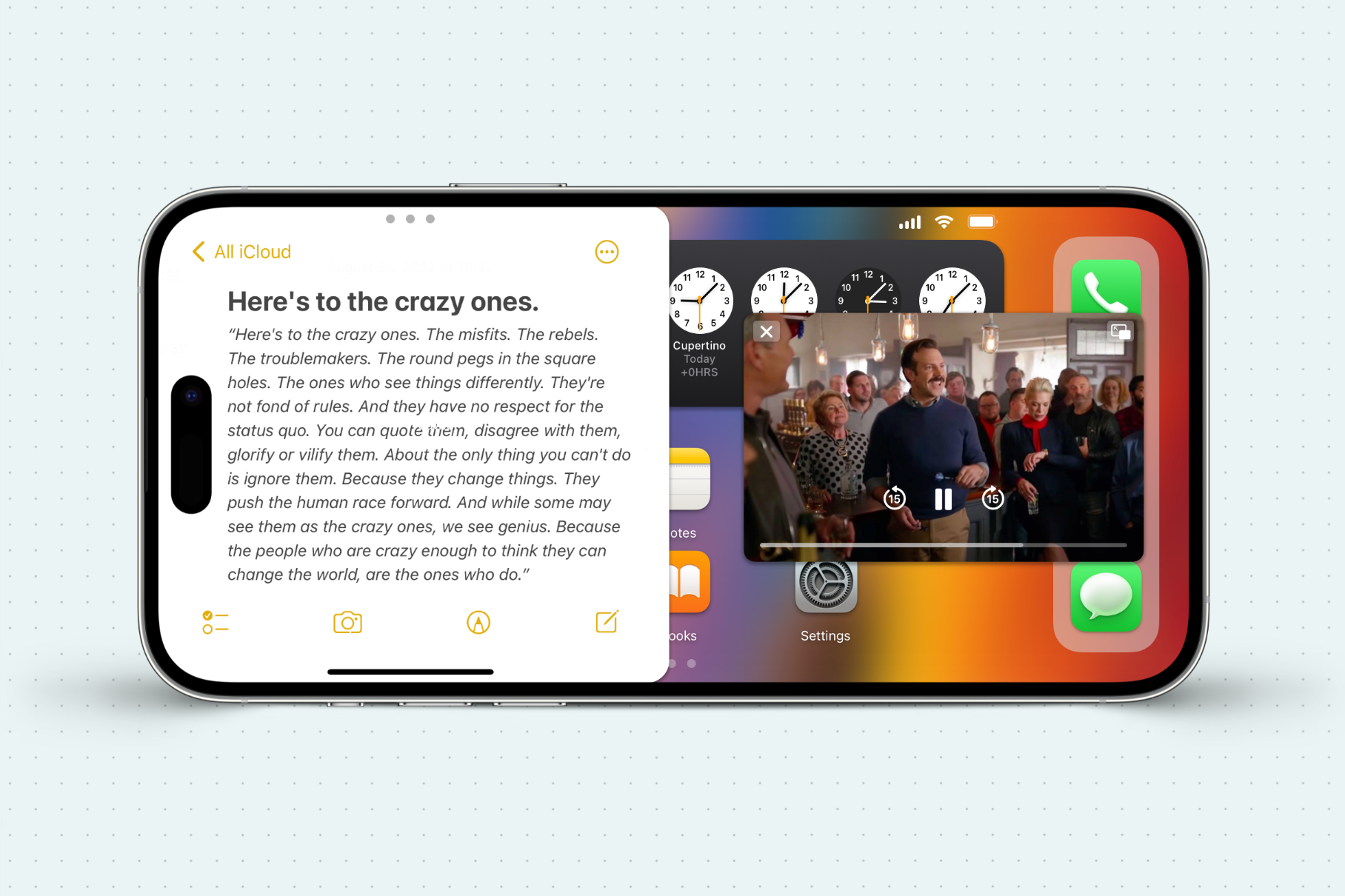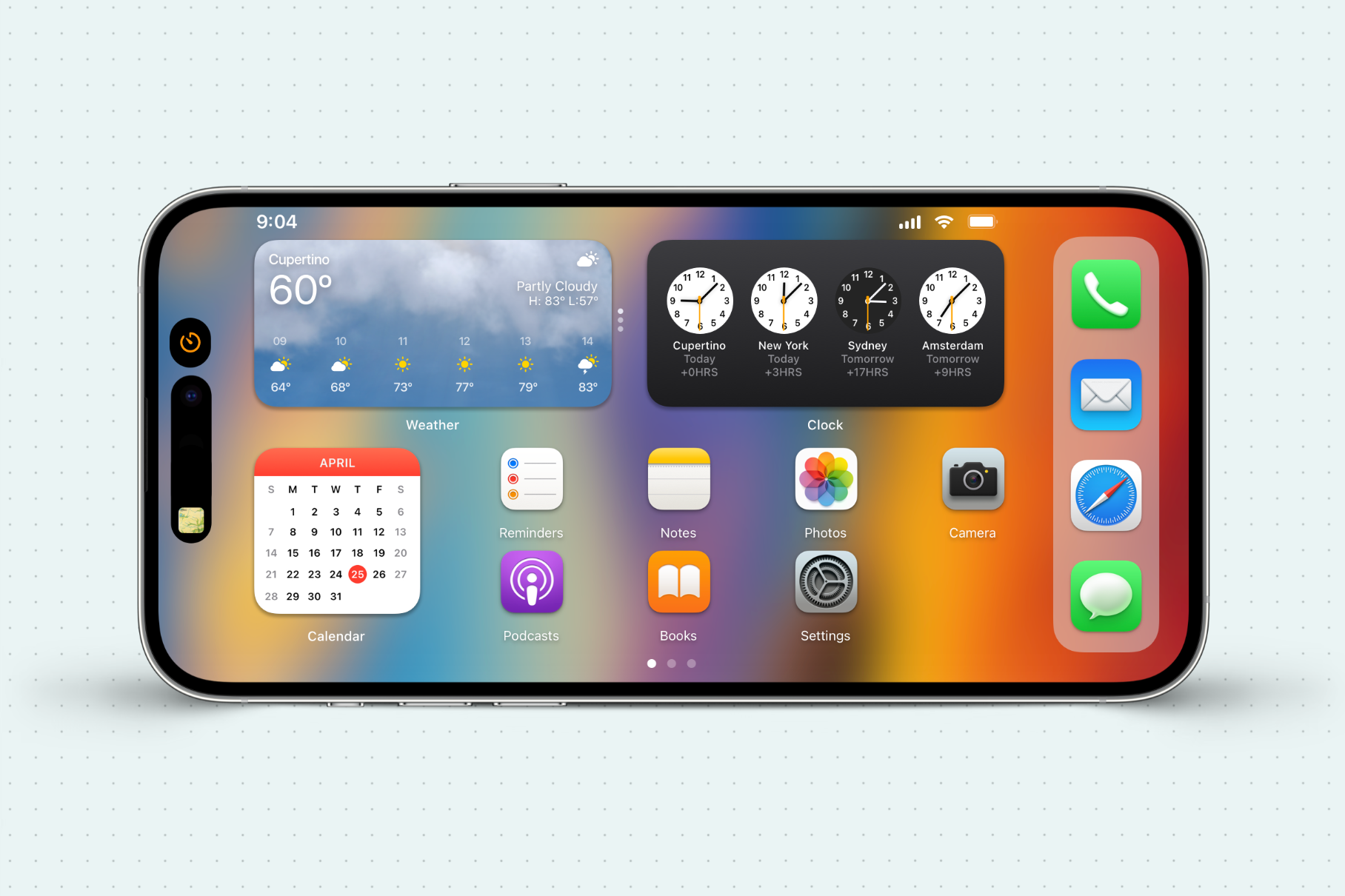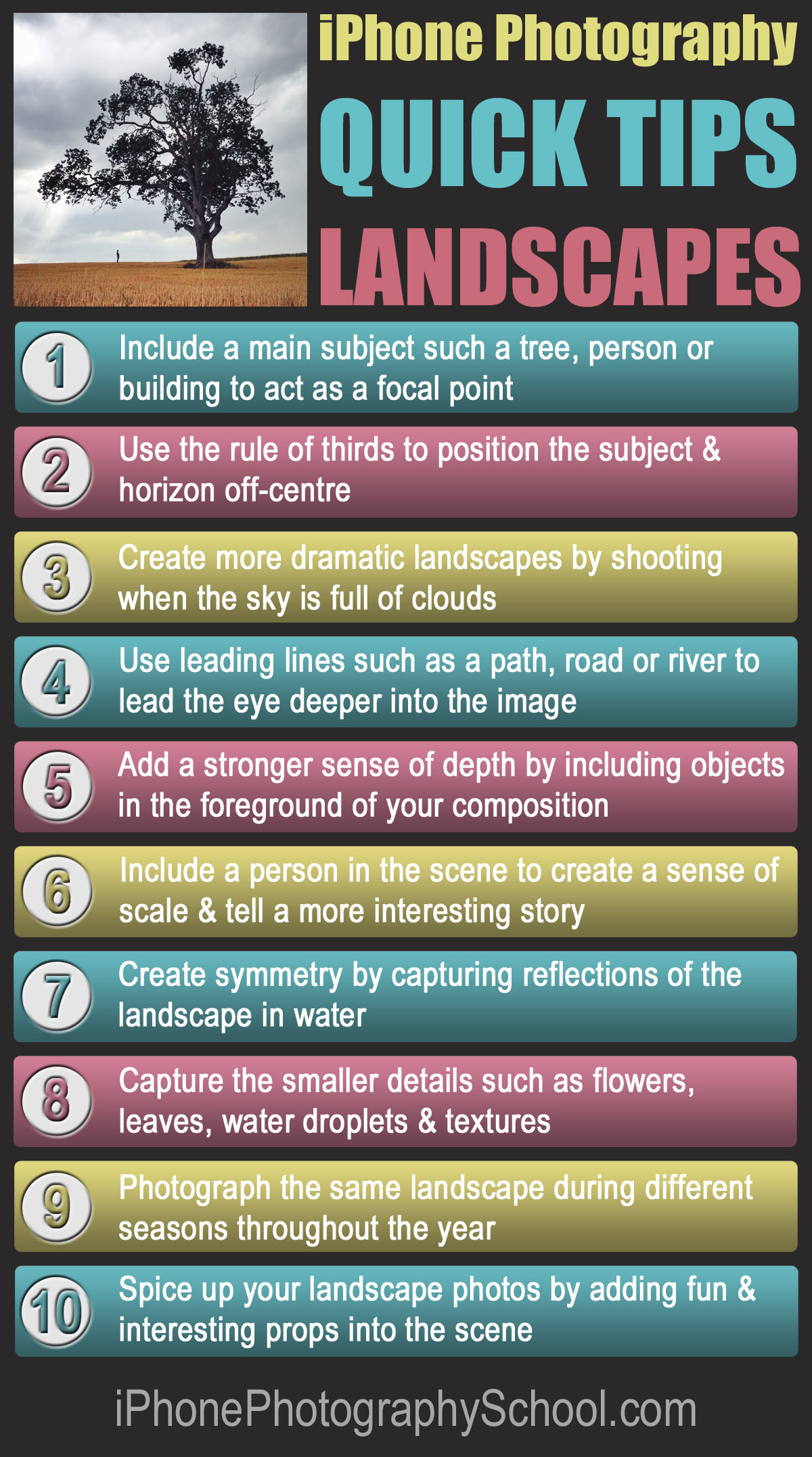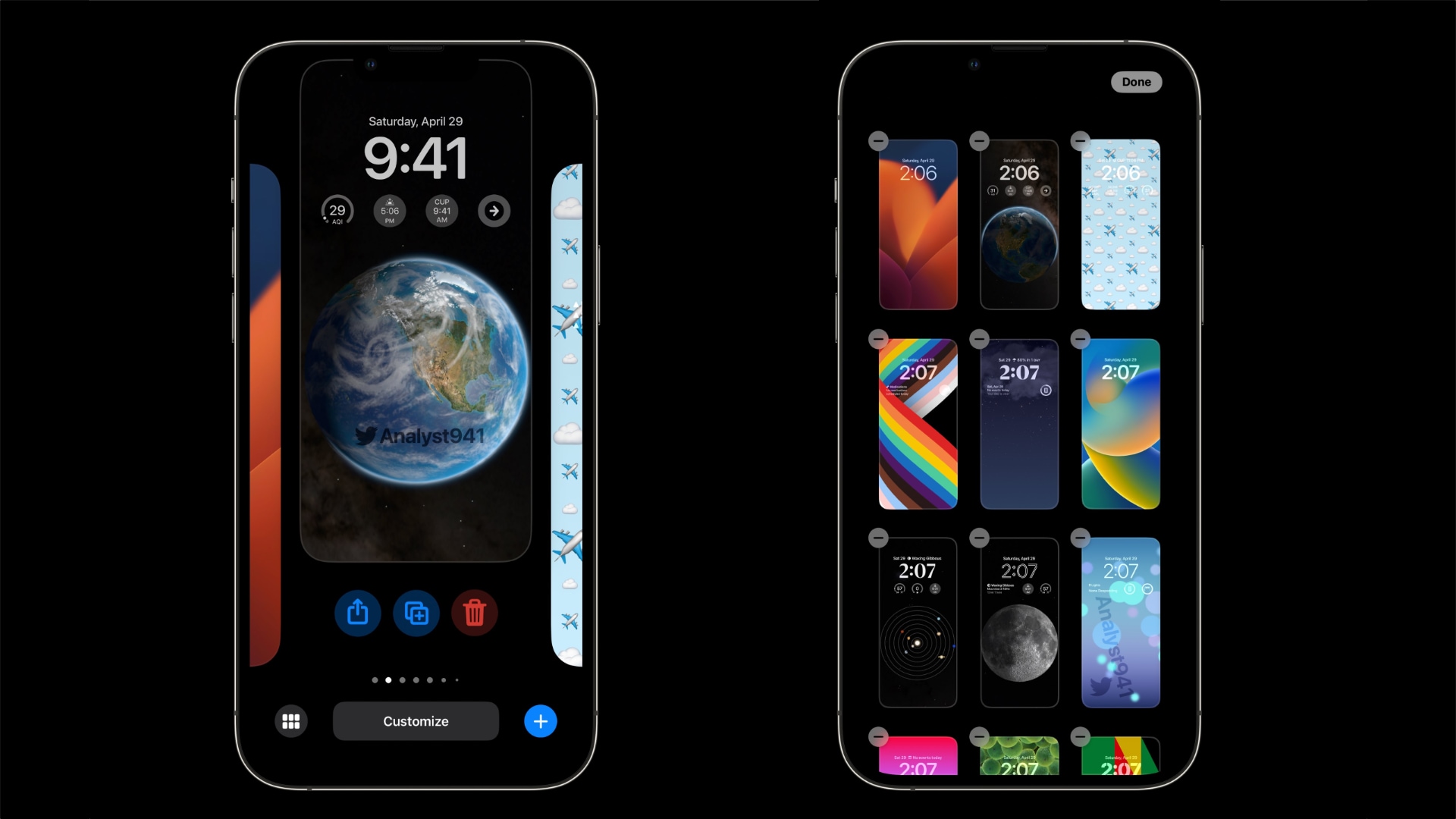Managing Your IPhone’s Visual Landscape: A Guide To Clearing Out Old Wallpapers
Managing Your iPhone’s Visual Landscape: A Guide to Clearing Out Old Wallpapers
Related Articles: Managing Your iPhone’s Visual Landscape: A Guide to Clearing Out Old Wallpapers
Introduction
In this auspicious occasion, we are delighted to delve into the intriguing topic related to Managing Your iPhone’s Visual Landscape: A Guide to Clearing Out Old Wallpapers. Let’s weave interesting information and offer fresh perspectives to the readers.
Table of Content
Managing Your iPhone’s Visual Landscape: A Guide to Clearing Out Old Wallpapers

The iPhone’s wallpaper serves as a visual backdrop, enhancing the user experience and reflecting personal preferences. However, over time, the accumulation of numerous wallpapers can lead to clutter and hinder efficient navigation. Removing unused wallpapers not only declutters the device but also improves overall performance, frees up storage space, and facilitates a more streamlined visual experience.
This comprehensive guide delves into the process of deleting old wallpapers on an iPhone, providing a detailed explanation of the steps involved and highlighting the advantages of regularly managing this aspect of the device.
Understanding the Importance of Wallpaper Management
While seemingly trivial, managing wallpapers on an iPhone holds significant benefits:
- Storage Optimization: Wallpapers, particularly high-resolution images, consume storage space. Removing unused wallpapers frees up valuable storage for other applications and data.
- Improved Performance: A cluttered library of wallpapers can slow down the device’s responsiveness, especially during wallpaper selection. Deleting unnecessary wallpapers enhances the overall performance of the iPhone.
- Enhanced User Experience: A streamlined and organized wallpaper library promotes a cleaner and more efficient user experience. Quickly locating desired wallpapers becomes easier, minimizing frustration and improving navigation.
- Personalization and Customization: Regular wallpaper management allows users to constantly refresh their iPhone’s visual aesthetics, reflecting evolving preferences and maintaining a visually engaging experience.
Methods for Deleting Old Wallpapers
There are two primary methods for deleting old wallpapers on an iPhone:
1. Through the Settings App
- Locate and Access Settings: Open the "Settings" application, typically represented by a gear icon, on the iPhone’s home screen.
- Navigate to Wallpaper: Scroll through the list of settings and tap on "Wallpaper."
- Select "Choose a New Wallpaper": Within the "Wallpaper" section, select "Choose a New Wallpaper."
- Access Existing Wallpapers: The iPhone displays a list of available wallpapers. This includes both pre-installed and downloaded options.
- Delete Wallpapers: Tap on the "Edit" button located at the top right corner of the screen. This enables the deletion option for each wallpaper.
- Confirm Deletion: Select the "Delete" button next to the wallpaper you wish to remove. A confirmation prompt will appear, allowing you to finalize the deletion.
2. Using the Photos App
- Open the Photos App: Launch the "Photos" application on your iPhone.
- Navigate to Albums: Locate and tap on the "Albums" tab, usually found at the bottom of the screen.
- Select "Wallpapers": Within the Albums section, locate and select the "Wallpapers" album. This album houses all the wallpapers you have downloaded or saved on your device.
- Delete Wallpapers: Similar to the Settings app method, tap on the "Edit" button at the top right corner of the screen. This enables the deletion option for each wallpaper.
- Confirm Deletion: Select the "Delete" button next to the wallpaper you wish to remove. A confirmation prompt will appear, allowing you to finalize the deletion.
Additional Tips for Efficient Wallpaper Management
- Regularly Review: Make it a habit to periodically review your wallpaper collection and delete any unused or outdated wallpapers.
- Utilize Cloud Storage: Consider storing your favorite wallpapers on cloud storage services like iCloud or Google Photos. This frees up valuable storage on your iPhone while providing easy access.
- Explore External Applications: Several third-party applications offer enhanced wallpaper management features, including categorization, organization, and automatic cleanup.
- Utilize Smart Selection: When downloading wallpapers, prioritize high-quality images that align with your personal preferences and minimize the likelihood of accumulating unnecessary wallpapers.
Frequently Asked Questions (FAQs)
Q: Can I accidentally delete the default iPhone wallpapers?
A: No, the default iPhone wallpapers cannot be deleted. They are system-installed and remain permanent on the device.
Q: What happens to my wallpapers when I delete them?
A: Deleting wallpapers permanently removes them from your iPhone’s storage. They are not transferred to the trash bin or any other temporary storage location.
Q: Can I recover deleted wallpapers?
A: Once deleted, wallpapers cannot be recovered unless you have a backup of your device containing those wallpapers.
Q: Is there a limit to the number of wallpapers I can store on my iPhone?
A: There is no specific limit on the number of wallpapers you can store. However, storage space limitations may restrict the quantity of wallpapers you can store based on the size of your device’s storage.
Conclusion
Managing wallpapers on an iPhone is an essential aspect of maintaining a clean, organized, and efficient user experience. Regularly deleting unused wallpapers not only frees up valuable storage space but also improves device performance and enhances the overall visual aesthetics of the device. By following the steps outlined in this guide, users can effectively manage their wallpaper collection, ensuring a streamlined and visually appealing iPhone experience.








Closure
Thus, we hope this article has provided valuable insights into Managing Your iPhone’s Visual Landscape: A Guide to Clearing Out Old Wallpapers. We appreciate your attention to our article. See you in our next article!